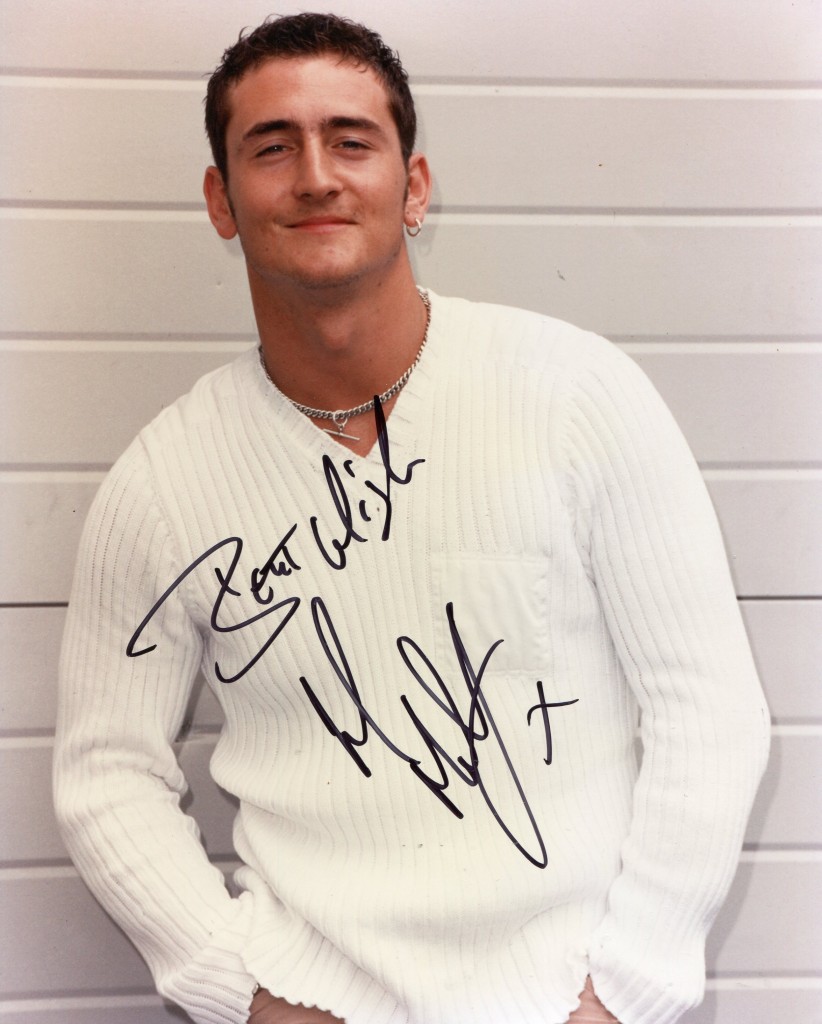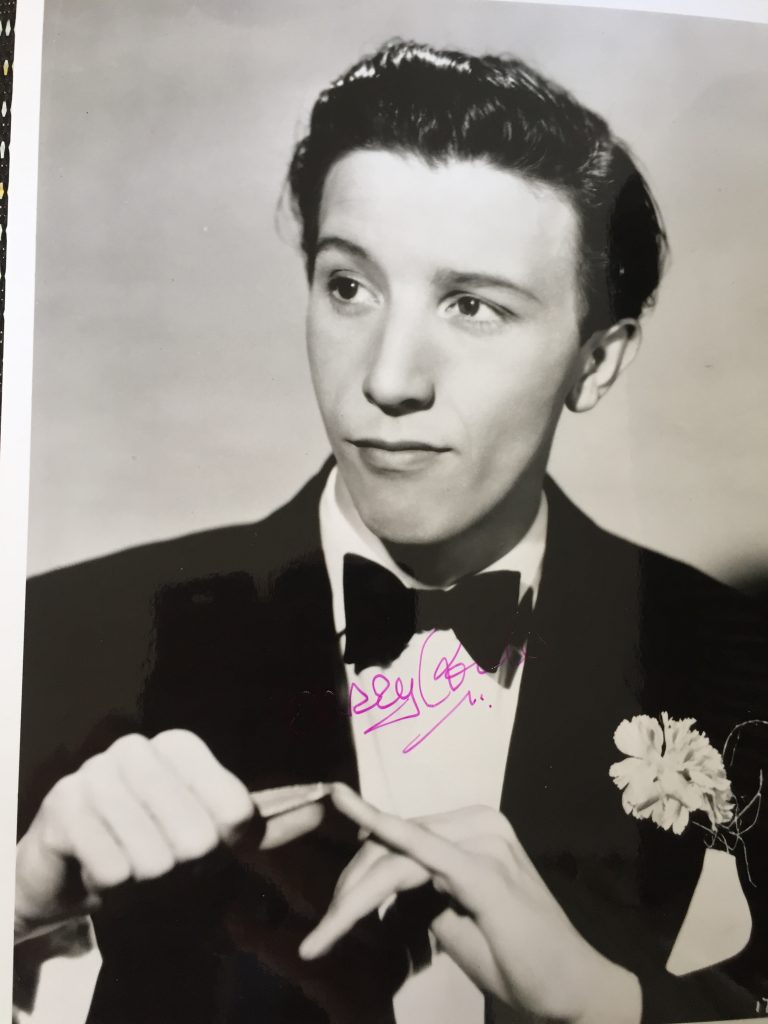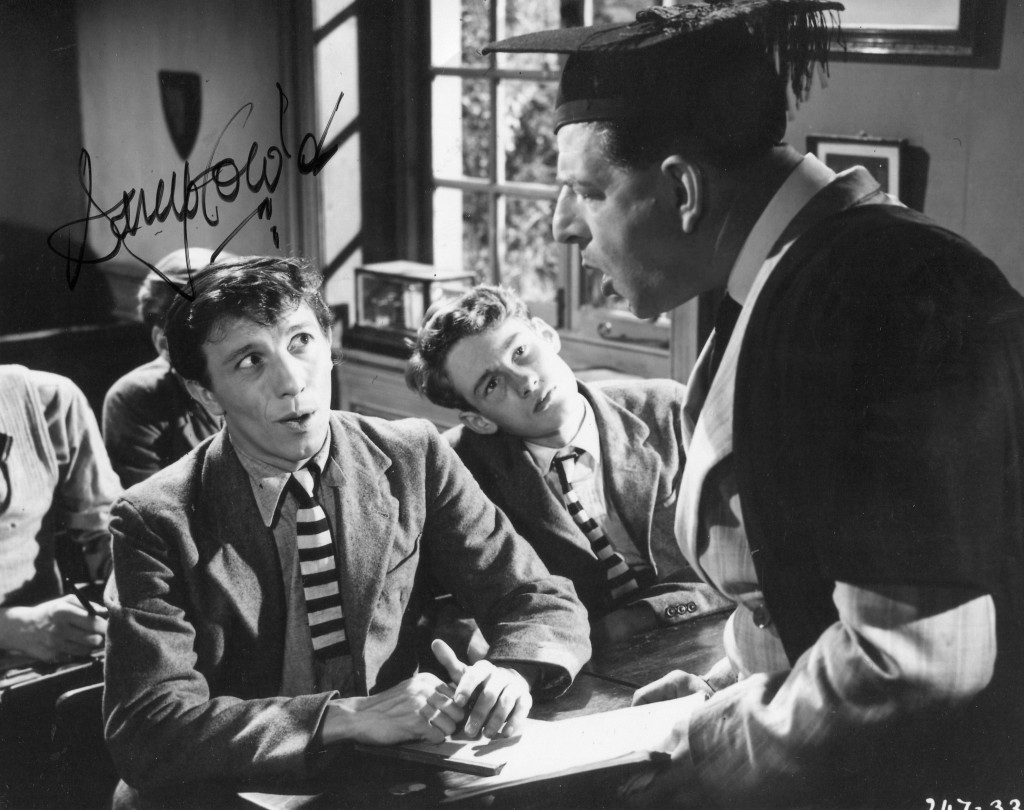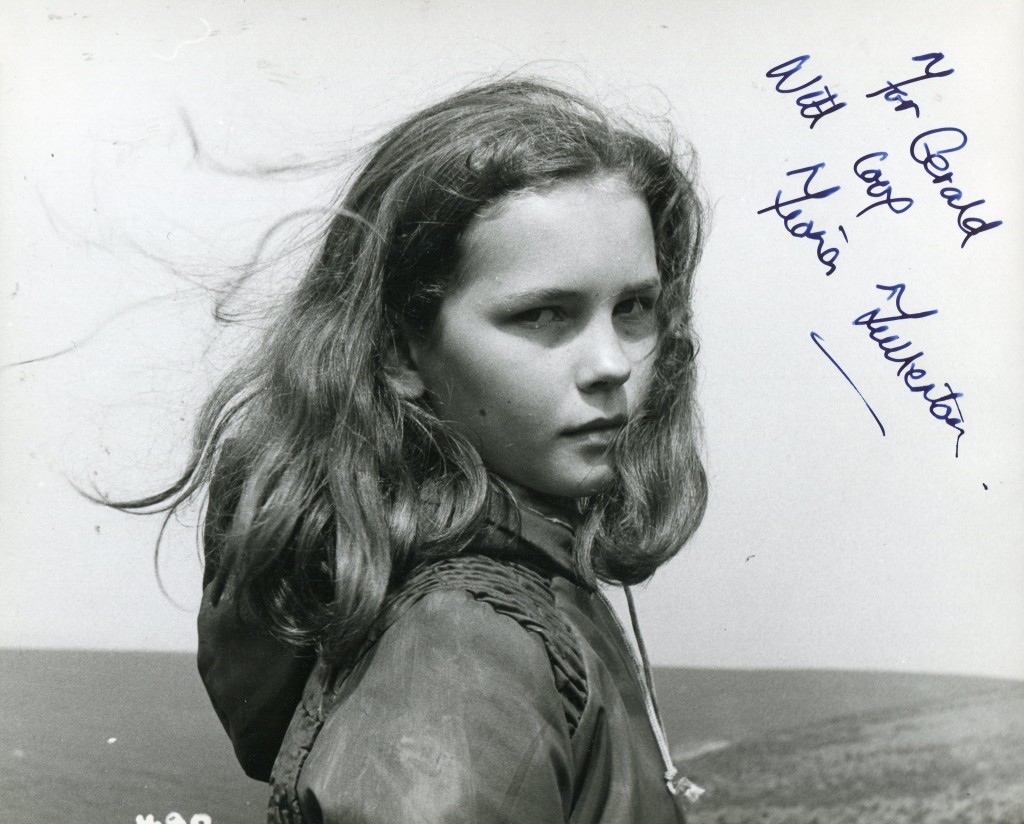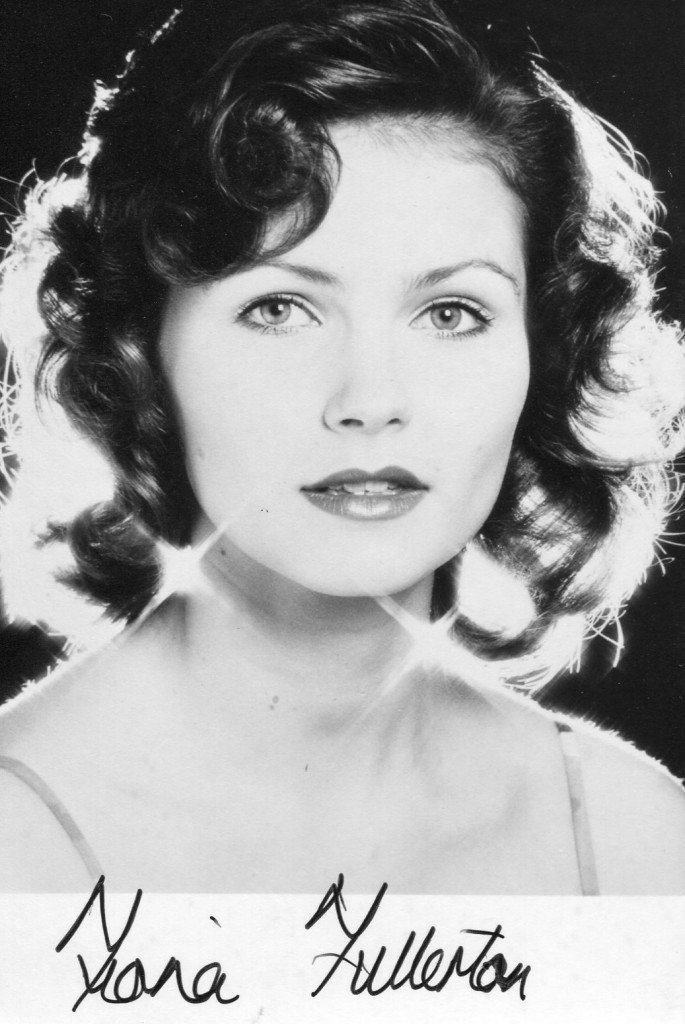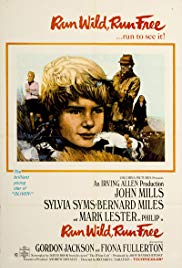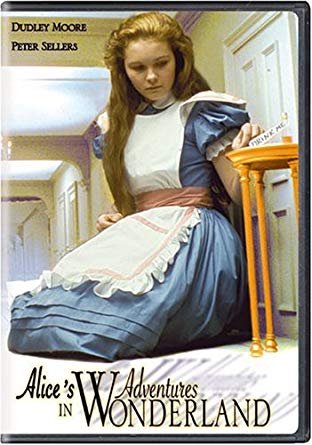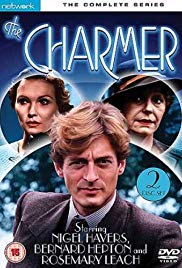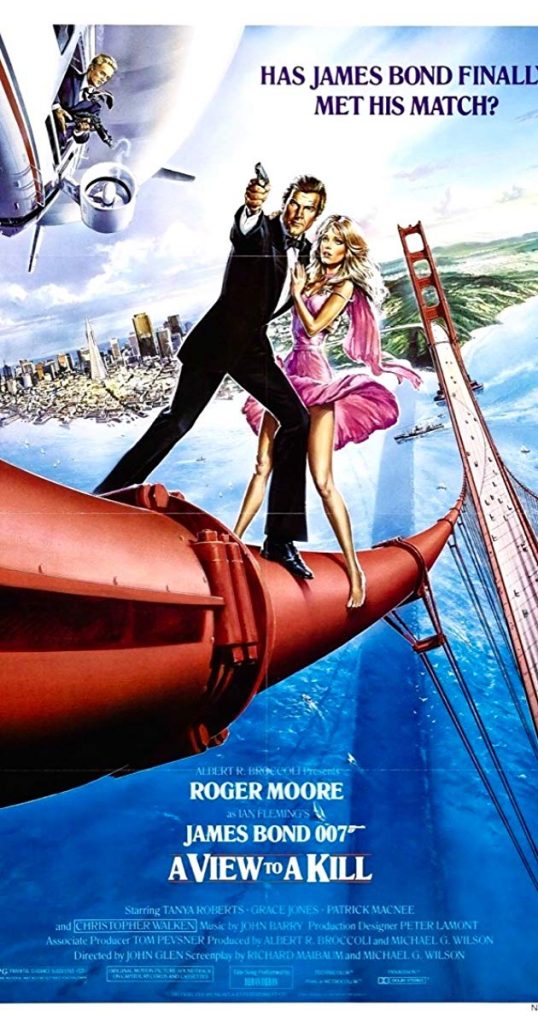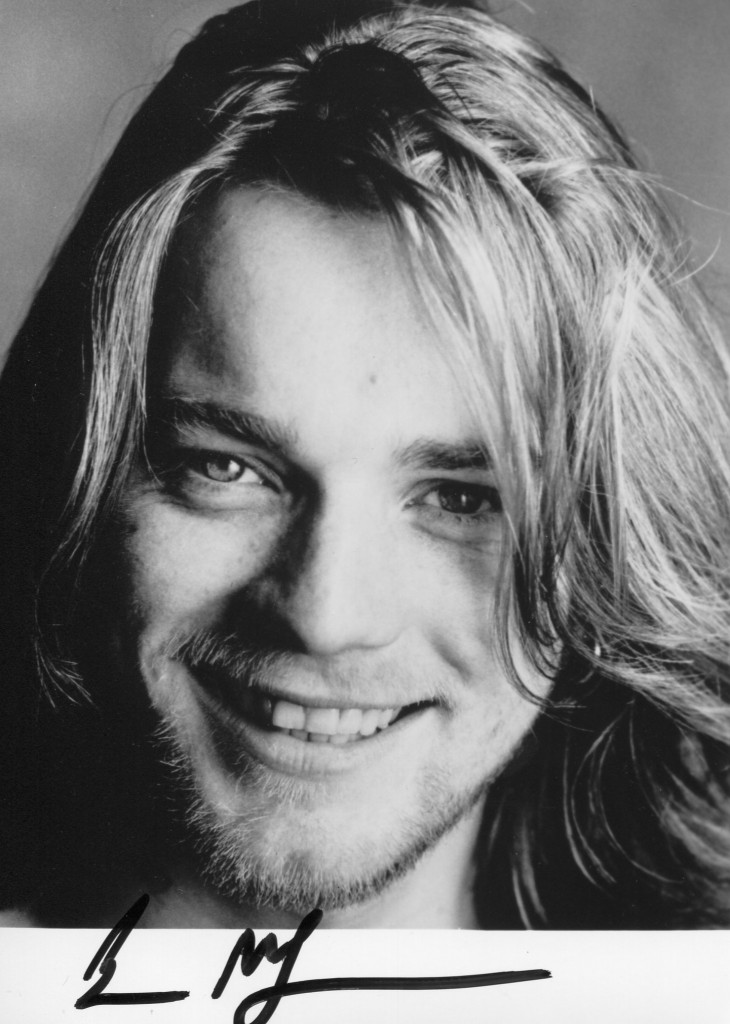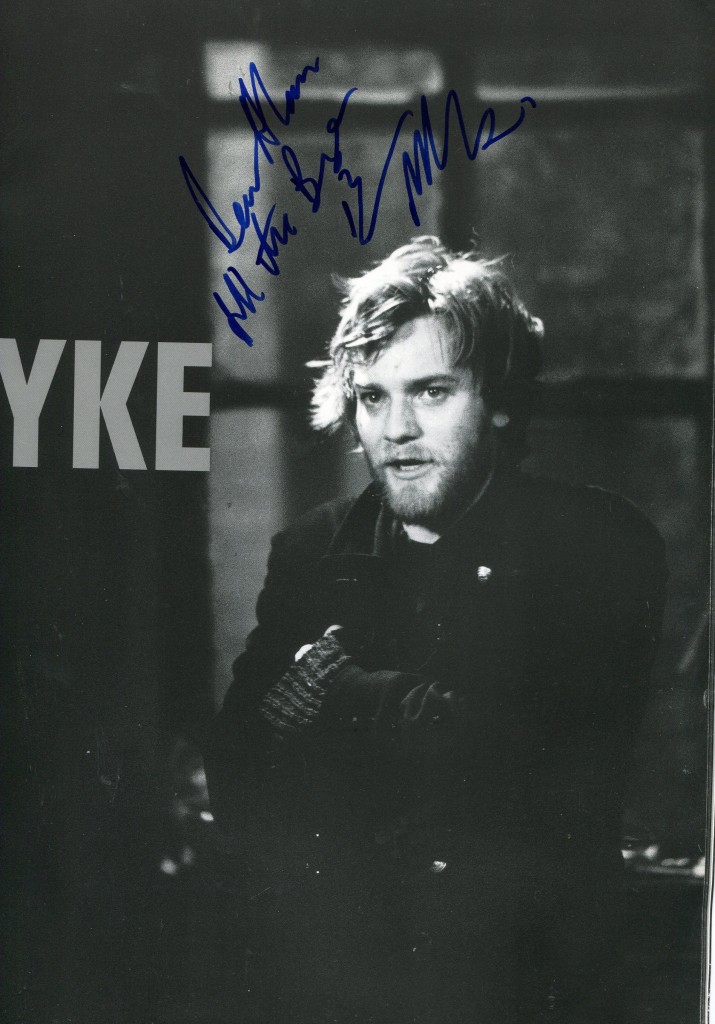

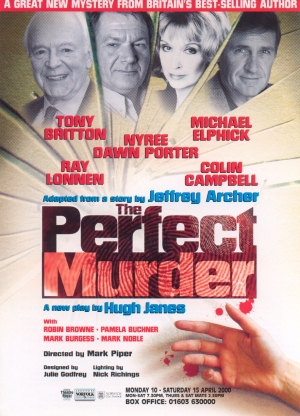



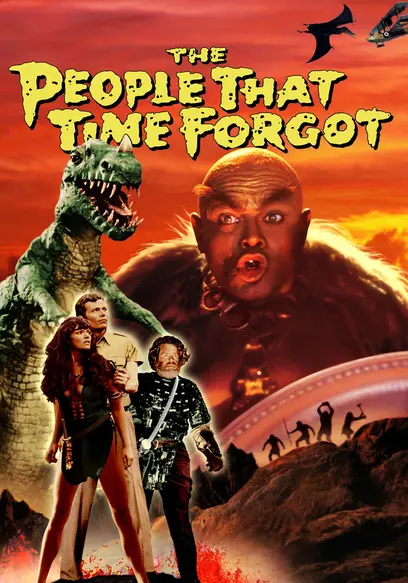








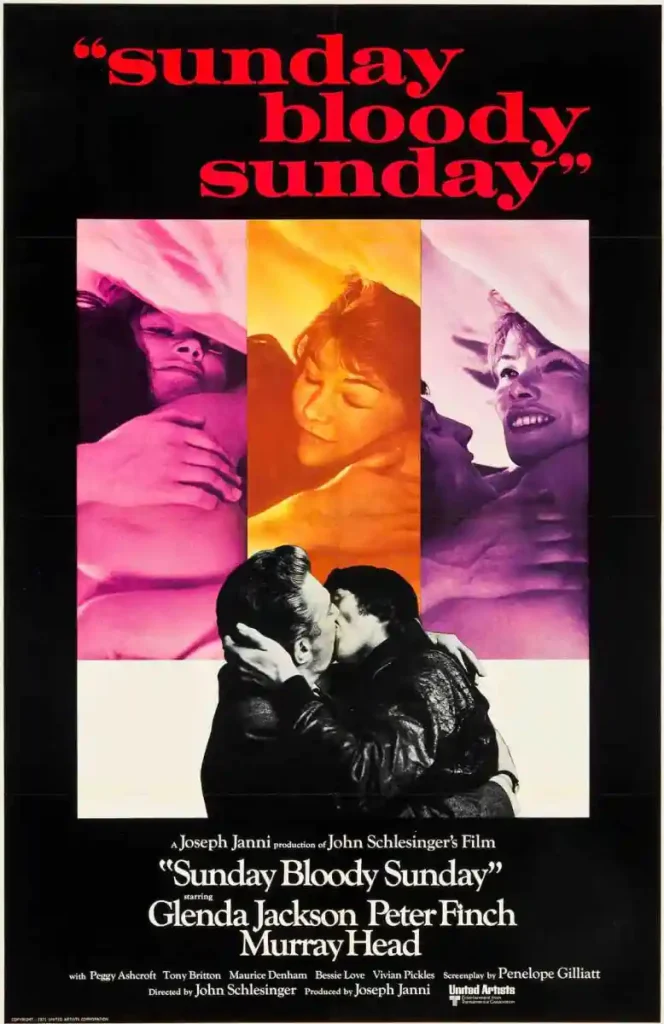




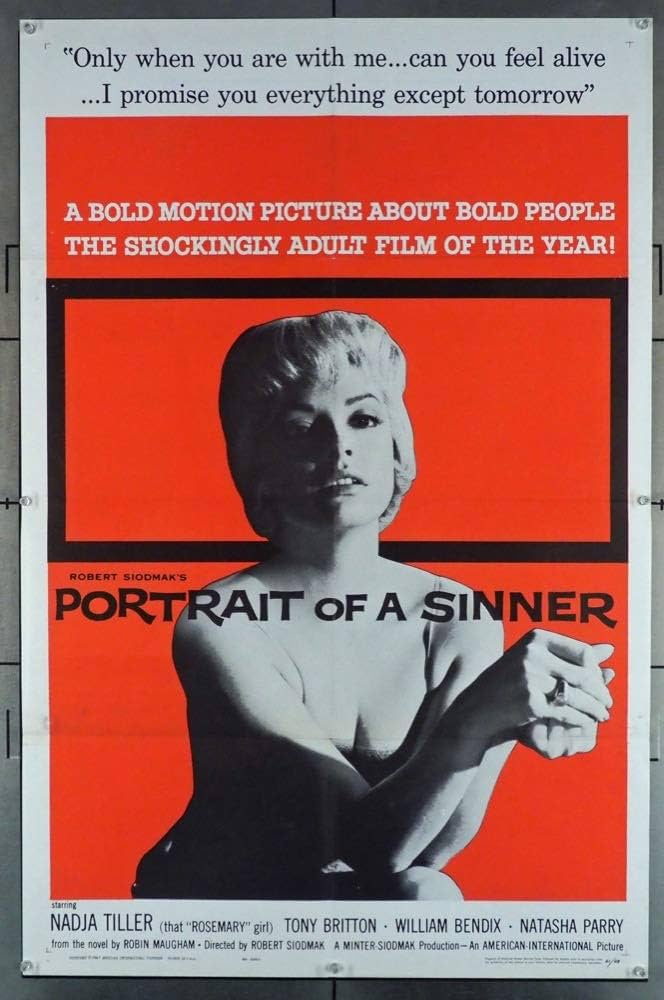

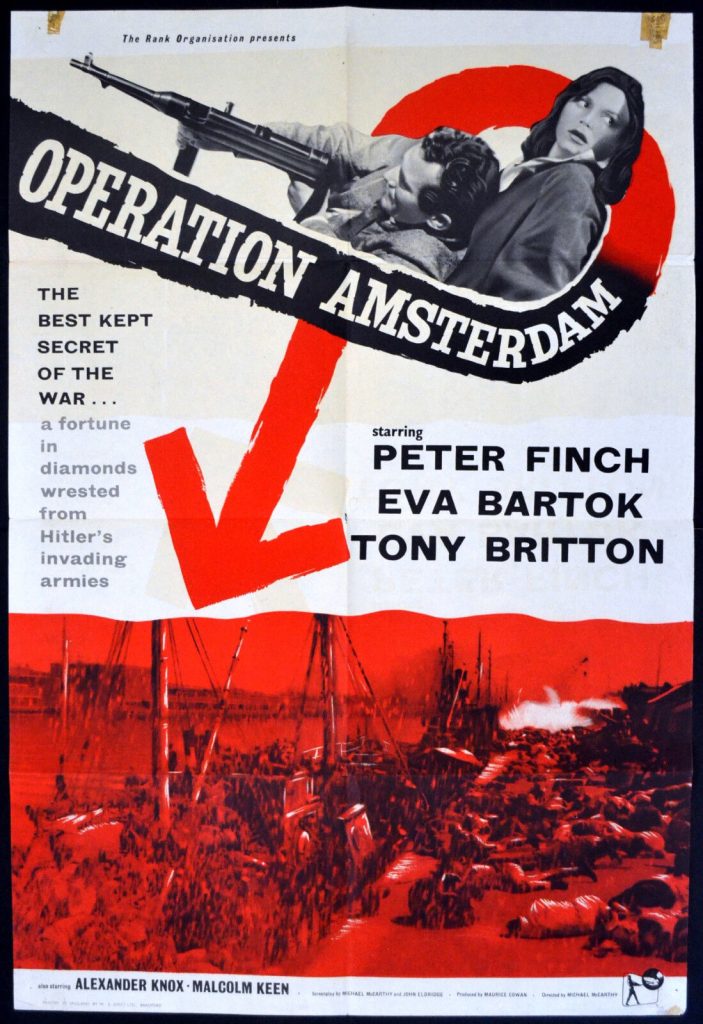



In a career spanning six decades, Tony Britton, who has died aged 95, went from being a leading juvenile at Stratford-upon-Avon and a contracted film star with British Lion in the 1950s, to a West End “above the title” lead in the 60s, a TV sitcom stalwart in the 70s and thereafter a benign, suave presence on stage and screen. He was still touring into his mid-80s, playing Canon Chasuble in The Importance of Being Earnest in 2007.
As a slightly less irascible version of Rex Harrison, he toured for two years in 1964 as Henry Higgins in My Fair Lady, repeating the role 10 years later in a touring revival by Cameron Mackintosh that was the first such commercial venture underpinned with money from the Arts Council. The show, in which Liz Robertson co-starred as Eliza Doolittle, settled at the Adelphi in the West End for a decent run.Advertisement
This was exactly the time when Britton reinvented himself as a television favourite, first in Arthur Hopcraft’s comic imbroglio of Westminster politics, The Nearly Man (1975), with Wilfred Pickles and Ann Firbank, and then, decisively, in Robin’s Nest (1977-81), beautifully and edgily written by Brian Cooke and Johnnie Mortimer.
Robin’s Nest was the first common-law marital sitcom, with Britton as James Nicholls, business partner of Richard O’Sullivan’s aspirational chef, Robin Tripp (whose “nest” was his Fulham bistro). Robin lived “in sin” with his girlfriend, Victoria (Tessa Wyatt), James’s daughter; James in turn disapproved of the relationship, while contending with the incursions of his own former wife, played by Honor Blackman and, later on, Barbara Murray.
Britton then consolidated his place in the sitcom firmament with Don’t Wait Up (1983-90), about a tricky father-and-son relationship, with serious moral and political overtones, co-starring Nigel Havers. The scripts were by the actor George Layton who had chipped in as a writer to several later episodes of Robin’s Nest. Britton, as Toby Latimer, was a Harley Street consultant, while Havers as his son, Tom, was an idealist and over-worked NHS GP; both had split up from their respective wives and they end up sharing a home. Father and son frequently argue about politics and medical practices. The situation was further aggravated by Dinah Sheridan (Toby’s ex and Tom’s mother) popping in from time to time.
Surprisingly, perhaps, given his debonair image, Britton was born in a room above the Trocadero pub in Temple Street, Birmingham, the son of Doris (nee Jones) and Edward Britton. He was educated at Edgbaston Collegiate school and, when the family moved to the west country, Thornbury grammar school (now Marlwood school), in Alveston, Gloucestershire.
He had thought of doing nothing else except acting, he said, since childhood. On leaving school, he joined two amateur drama companies in Weston-super-Mare, Somerset, while articled to an estate agent and then working in an aircraft factory. A professional debut followed in 1942 when he appeared in Esther McCracken’s Quiet Weekend at the Knightstone Pavilion in the seaside town.
He was called up and served during the second world war with the Royal Artillery. While doing officer training, he formed a small drama group. On being demobbed in 1946, he joined the Library theatre in Manchester for a nine-month season, moving on for a year to a new repertory company in Edinburgh.
His big break came in 1952 when he played the juvenile lead, the pharaoh Ramases, in Christopher Fry’s The Firstborn, about Moses leading the Jews out of Egypt, at the Winter Garden in London in 1952. His second big leading role, at the Edinburgh festival of the same year, and on tour, was opposite Cathleen Nesbitt in The Player King by Christopher Hassall, a lyricist for Ivor Novello’s musicals.
This experience with the two leading verse dramatists of the day led to a two-year stint in Shakespeare at Stratford-upon-Avon (1953-54) as Bassanio in The Merchant of Venice, Lysander in The Dream, Mercutio in Romeo and Juliet (soon after, he played Romeo on television) and Cassio to Anthony Quayle’s Othello. He was now becoming established, and returned to the West End in Michael Burn’s The Night of the Ball (1955) in a cast, directed by Joseph Losey, which included Wendy Hiller, Gladys Cooper and Thelma Holt; and in the Louis Jourdan role in Gigi (1956, before the film) with Leslie Caron, directed by Peter Hall.
His first two starring roles for British Lion – as a posh criminal in The Birthday Present (1957) with Sylvia Syms and as a surgeon covering for a fatal mishap in Behind the Mask (1958) with Michael Redgrave – were virtually his last as the British movie industry was transformed with the new wave of working-class subjects and actors. Britton’s polish and class were suddenly surplus to requirements.
Something similar happened in the theatre, but Britton could adapt more easily, playing Trigorin in The Seagull and Hotspur in Henry IV Part 1 at the Old Vic in 1961 and, after touring with My Fair Lady, partnering Margaret Leighton in the Guys and Dolls writer Abe Burrows’s Cactus Flower at the Lyric in 1967, and Margaret Lockwood in Somerset Maugham’s Lady Frederick at the Vaudeville in 1970.


In the next decade, his pre-eminence on television was matched in three West End hits: starring with Cicely Courtneidge and Moira Lister in Ray Cooney and John Chapman’s mechanically ingenious farce of swapped apartments, Move Over Mrs Markham (1972); alongside Anna Neagle and Thora Hird in the musical No, No, Nanette at Drury Lane in 1973; and, in 1974, opposite a formidable Celia Johnson, as the invading Nazi commander on the Channel Islands in William Douglas Home’s The Dame of Sark at Wyndham’s.
The Chichester Festival theatre was a natural habitat for him. In the 1987 season, he directed Wilde’s An Ideal Husband with Clive Francis and Joanna Lumley, and played – though not with the tortured brilliance of Paul Scofield– Thomas More in Robert Bolt’s A Man For All Seasons, with Roy Kinnear as the Common Man.
Still, in the early 90s, he was part of three shows which belied Chichester’s “safe” reputation: supporting Alan Howard in a flashing melodrama, The Silver King; as Wolsey, with great speeches, and Keith Michell and Dorothy Tutin, in Shakespeare’s Henry VIII; and as the bishop of Chelsea in Shaw’s rarely seen Getting Married.
In 1994, he returned to Stratford as Chorus in Henry V and an avuncular Sir Toby Belch in Twelfth Night. His last West End appearance, at the Haymarket, was in Jeffrey Archer’s The Accused (2000) in which the audience voted on the accused’s culpability, though it was Archer himself whom the critics placed in the dock. Britton and Edward de Souza were judge and jury bailiff in a distinctly underwhelming occasion, a real trial to be sure.
Britton’s many enthusiasms included golf, gardening, wine and photography. He was a member of the Garrick, Surrey cricket club and the MCC.
He married Ruth Hawkins in 1948. They divorced, and in 1962 he married the Danish portrait sculptor Eva Birkefeldt; she died in 2008. Britton is survived by two daughters from his first marriage, Cherry, a scriptwriter, and Fern, a TV presenter, and by a son, Jasper, an actor, from his second.
• Anthony Edward Lowry Britton, actor, born 9 June 1924; died 22 December 2019Topics




